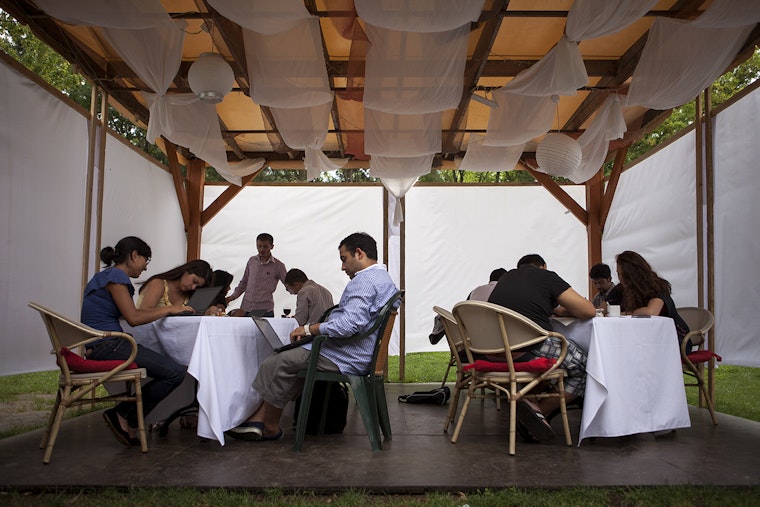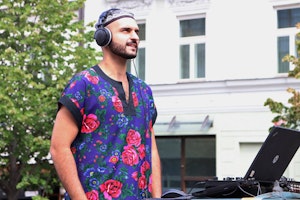Roma in Serbia: Building on Strength
By Zeljko Jovanovic

Roma are usually seen as a community with little or no weight in political life. Roma in Serbia managed to break this stereotype and showed their political maturity against the odds. This summer, 3,000 Roma voters registered in a single week confirmed the same message sent by 45,000 Roma voters four years ago: we want to elect our own representatives. But why is the democratic representation of Roma in Serbia even a question today?
Five years ago, Roma could not elect their minority representatives directly. Since 2002, Roma were officially recognized as one of national minorities in Serbia. After that point, each minority had the right to elect a council, a representative body that can decide on Roma media, official use, and education in Romani language. The Roma council also has a say on laws and policies that could provide opportunities for education of Roma children, jobs for families, better health service, or legalization of Roma settlements. Until 2010, the Roma council members were not elected by Roma people but mostly by nonprofit organizations. This compromised the legitimacy of the council that is supposed to be a politically representative voice of Roma.
However, 2010 was a year of change. The government rewrote the rules and allowed for direct elections to the minority councils. This was not unconditional. For direct elections each minority should qualify through a pre-defined quota of voters registered in a special voters list. For Roma, this meant 45,000 of voters had to be registered. The major challenges for Roma to participate in any kind of registration or elections have been the collective memory of the Nazi registration and living experience of exclusion from political life.
Despite these challenges, more than 45,000 Roma voters were registered in only four months that year. An unprecedented grassroots campaign, led by Mensur Haliti and more than a hundred Roma activists and supported by Open Society Foundations, had been the major contributor to this historic breakthrough. This was a strong message to society and political representatives that Roma are growing politically.
Only two years later, the government launched an official census registration. Another grassroots campaign initiated by the Open Society Foundations led to more Roma registration in Serbia’s official census. More than ever, Roma bravely stepped forward to declare their ethnic identity despite growing racism in Europe. In total, 147,604 Roma were officially registered, 40 percent more than the tally in 2002. This makes Roma the second biggest minority in the country, right after Hungarians. This increase reaped real dividends. As outlined in Serbia’s minority legislation, census data drives quotas in employment for public administration and police. This meant Roma can see people from their communities in public jobs and public media.
The census success in 2012 challenged the voter registration from 2010. When the number of Roma registered in the census went up, the threshold for direct elections went up too. This could have driven us back to less legitimate representation. The census success left a gap of roughly 3,000 voters. The state bureaucracy made this situation even more difficult by late announcement of the gap and lack of funds allocated for the purpose of democratic elections among the minorities.
This led to another campaign in late August 2014, when the Roma claimed another win in Serbian democracy. More than 30 grassroots activists from 20 cities, led by Yurom Center and the League of Roma and supported by Open Society Foundations, knocked on doors of first-time voters. Roma youth responded and the gap of 3,000 voters was closed.
Although there is a long path ahead of us, Roma in Serbia moved to another stage of political progress. They also showed that today, even if Roma are seen as losers of democratic transitions, they can gain win after win under volatile political circumstances and general doubts in democracy. Most importantly, this victory will serve future generations, at least until the next census.
I am proud to be part of Open Society Foundations, who supported these successes. Nevertheless, it is undoubtedly the hard work and determination of Roma organizations, leaders, activists, and people on the ground that transform these kind of successes into a source of hope we can build on.

Until February 2024, Zeljko Jovanovic was director of the Roma Initiatives Office.


